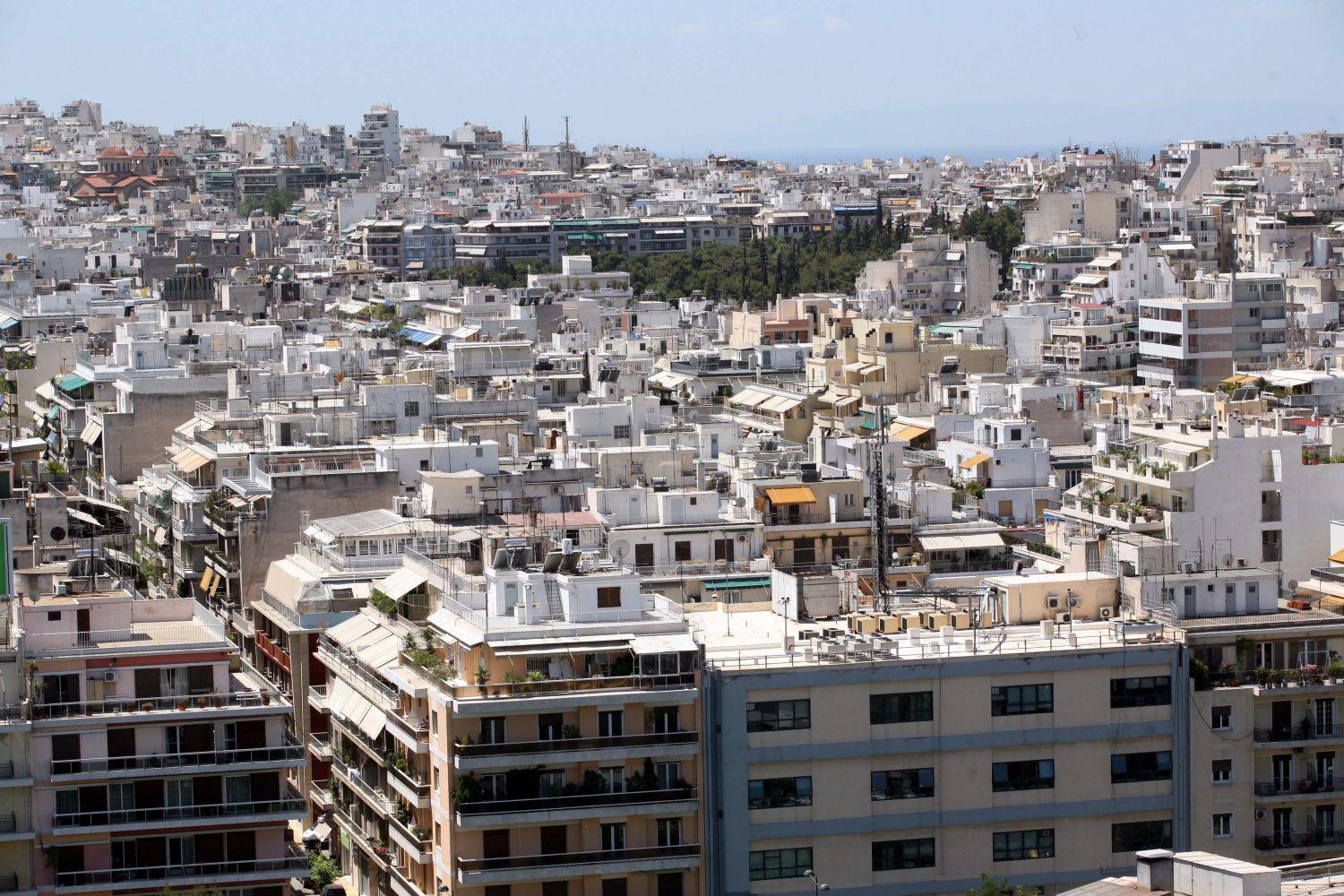The Presidential Decree (PD) introduces a set of regulations concerning the procedure for pre-approval of building permits, the establishment and payment of the environmental offset fee, and the definition of the commencement of construction works.
Before a building permit is issued, a preliminary review is required. The Decree also sets the amount of the environmental offset and outlines the procedure for its payment into a dedicated account at the Deposits and Loans Fund. These funds are earmarked exclusively for the relevant municipality and must be used for projects that promote environmental upgrading, such as the development of public spaces, creation of green areas, demolition of hazardous buildings, and similar interventions.
Furthermore, the PD provides a clear definition of what constitutes the "commencement of construction works." These include the initiation of excavation or concrete works, demolition activities carried out within six months from December 11, 2024, as well as archaeological excavations conducted under a valid permit by the same date. Evidence for these activities must be documented through official public records, declarations to the social security authority (EFKA), contractual agreements, and aerial photographs.
The Decree also enables the resumption of construction for projects with permits that have been annulled or are subject to legal appeal, provided the environmental offset is paid. Specifically, the Environmental Offset Program for Urban Planning Incentives (ESPIAP) is applied at the municipal unit level—or at the municipal level for Athens and Thessaloniki—using resources from the Green Fund or via sponsored studies. Property owners are required to pay a fee amounting to 8% of the value of the additional building area granted through the incentives of the New Building Code (NOK). For projects funded by the Recovery and Resilience Fund or the EU Cohesion Fund (ESPA), this rate increases to 15%.
Compensatory measures for urban environmental enhancement include the acquisition of properties for public use in proportion to the excess building area, as well as the upgrading of existing public spaces. Additional actions encompass the creation and improvement of green infrastructure, demolition of illegal or unsafe buildings, interventions in degraded areas, cleaning and restoration of urban streams, funding for initiatives aimed at developing "smart" and climate-neutral cities, and the acquisition and restoration of listed buildings by local authorities.
The application of NOK incentives to investments falling under special urban planning regimes (such as ESCHASE, ESCHADA, S.O.A., and listed buildings) requires submission of a request to the Central Council for Urban Planning and Architecture (KESYPOTHA) within three months from the law’s effective date. The need to maintain the building permit will be evaluated by both the Central Council for Architecture (KESA) and KESYPOTHA, based on technical, economic, and legal criteria.
The implementation of the new Presidential Decree aims to provide a definitive framework for the use of urban planning incentives under the NOK, clarify construction terms, and promote the environmental upgrading of the urban landscape.















